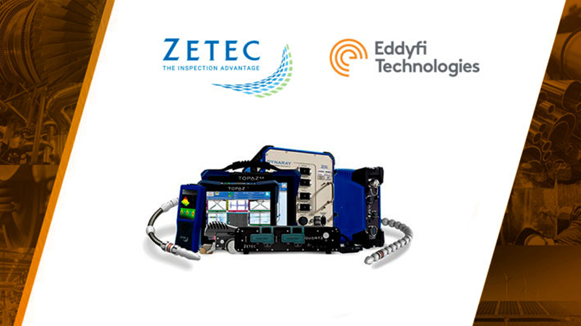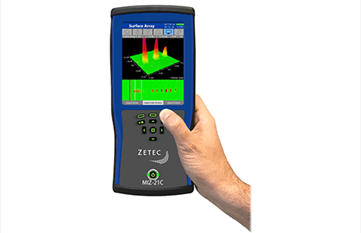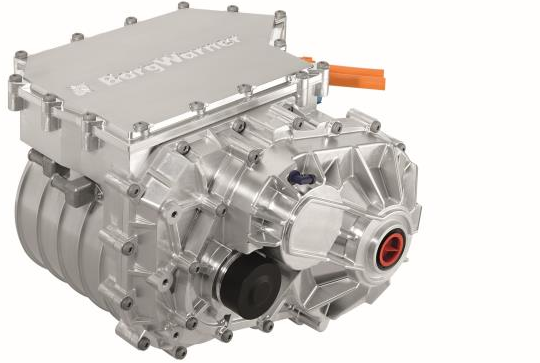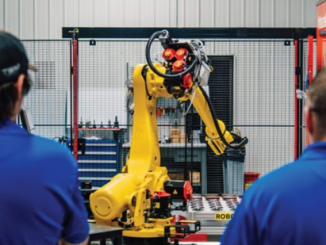
Two big manufacturers of eddy current instruments and probes for non-destructive testing have joined as Eddyfi Technologies of Quebec, Canada has acquired Zetec and folds its NDT solutions into the group portfolio. The deal is expected to double sales for Eddyfi, already a fast-growing enterprise in recent years.
Welcome to the annual Magnetic Sensing Fest at Magnetics Magazine.
Stay tuned for more!
Both also make other types of NDT equipment such as ultrasonic but eddy current testing solutions are major aspects of both firms. Eddyfi also produces an extensive line of magnetic flux leakage equipment. Zetec, based in Snoqualmie, Washington, was previously a subsidiary of Roper Technologies.

“I am very pleased to welcome Zetec to Eddyfi/NDT,” said Martin Theriault, CEO of Eddyfi/NDT. “Our technological leadership, combined with the innovation and collaborative spirit that will undoubtedly emerge from this new union, will enable the creation of value for all stakeholders.”
“The addition of Zetec to our business unit completes our market coverage and enhances our expertise,” added Pierre-Hugues Allard, president of Eddyfi Technologies. “I already anticipate that new ideas with strong benefits for our customers will emerge from the synergies created in the coming months. In addition to doubling our sales, the arrival of all the new talent joining the great team of Eddyfi Technologies, including several NDT experts, will allow us to seize many new opportunities and to accelerate the development of the next innovations that we will introduce to the market.”

Both companies provide advanced technology including instruments, sensors and software for monitoring infrastructure equipment to detect flaws that might lead to catastrophic failure. Eddy current technology and products can provide a fast, efficient solution for near-surface anomalies in conductive material. A magnetic field from a specially designed excitation coil is induced into conductive material where anomalies in the material create changes to the eddy currents that are sensed for evaluation by specialized instrumentation which typically use a receiver-coil to detect electrical conductivity variations.



